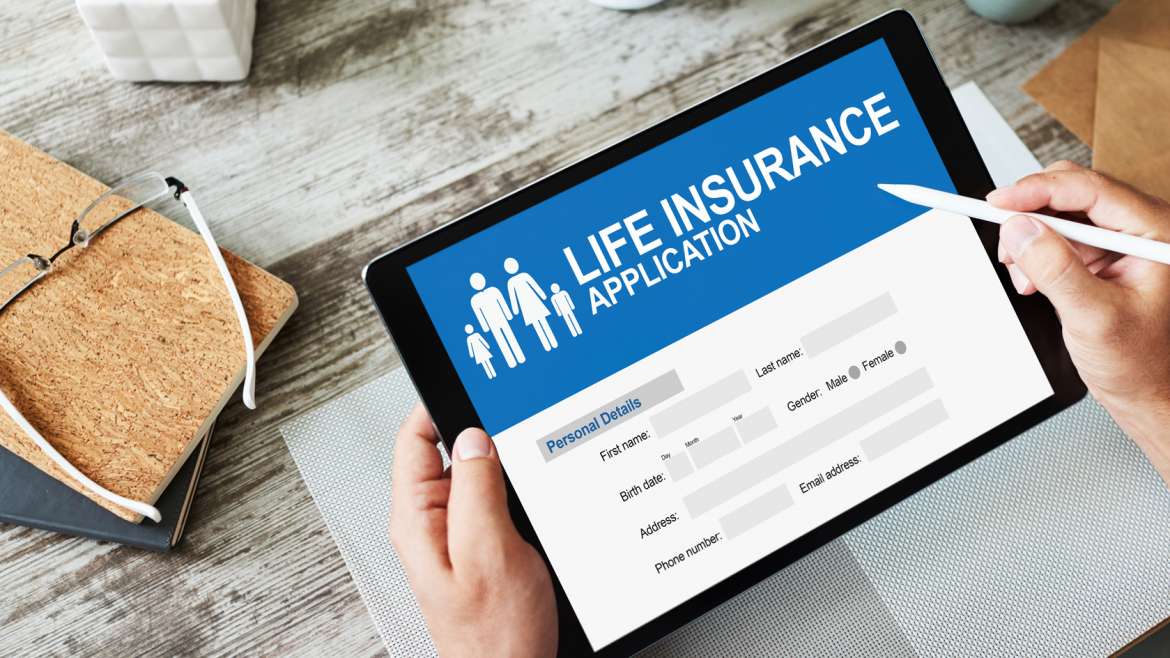Life insurance — do you really need it or not? There are many misconceptions about life insurance that have people opting out and spending their hard-earned money elsewhere.
We’re here to clear up the confusion. Let’s take a look at the myths and facts of life insurance, so you can learn the truth about this coverage once and for all.
Myth: Life insurance is too expensive.
Fact: Most people overestimate the cost of life insurance to the point where they don’t consider it at all. But the truth is, a healthy 30 year old could secure $250,000 of term life insurance for 20 years for around $30 per month – much less than most people think! Of course, your actual cost would depend on things like your health, age, coverage amount, and type of insurance applied for. And, when you look at life insurance as financial protection for those who matter most — meaning it could help them financially in the future if you were to die — it’s much easier to add it to your budget. Do your loved ones a favor and get a quote from an American Family Insurance agent. They’ll help you determine the right coverage and help you find options that work with your budget.
Myth: Life insurance isn’t important right now because I’m young, single and don’t have any dependents.
Fact: This is one of the biggest misconceptions about life insurance. Some young people don’t believe that life insurance is important because they don’t have any dependents or many assets. But, getting life insurance when you’re young and healthy means you can secure a lower rate on your premium than you may be able to later in life since coverage typically becomes more expensive as you age. Also, when you consider your debts, like school loans, car loans, or credit cards, and final expenses such as funeral costs that would need to be covered in the event of your death, a life insurance policy can help remove the financial burden off your loved ones’ shoulders.
Plus, when you’re young and get a permanent whole life insurance policy, you can start building cash value, which is a component of a permanent life insurance policy that allows you to borrow* from it later in life to go towards things like a home purchase, college tuition for your kids, retirement income, or even to invest in a business. The younger you start, the earlier you’ll start building that cash value. Check out all the ways cash value of life insurance can benefit you and your loved ones.
Myth: If I have life insurance through my place of employment, I don’t need a personal policy.
Fact: Though life insurance through your employer can be a great benefit, it might not be enough to provide for your family long-term. In fact, a typical payout is usually only around twice your base salary. And, if you were to lose or leave your job, the employer policy may not come with you. Having a personal life insurance policy ensures your family will be financially protected in the event you were to pass away.
Myth: My kids are all grown up, so I don’t need life insurance anymore.
Fact: You might be an empty-nester, but you probably still care about the financial well-being of your children. There are many benefits of life insurance that help at all stages of your life. It can help pay for end of life costs, like funeral expenses, or perhaps medical bills or hospice in the event you were to die with outstanding medical debt. Life insurance can also help pay for any debts you leave behind, like a mortgage or student loans. You can even buy life insurance with the intent to leave your children with an inheritance.
Fact: Many people find that they can put money into savings as well as life insurance. As noted throughout this article, there are advantages to purchasing life insurance, such as having peace of mind that you have put some financial protection in place for your loved ones, should you pass away. Whether life insurance makes sense for you depends on your financial situation, but your agent can work with you to provide options so that you can decide how life insurance could fit into your budget and your savings goals.
As we mentioned before, there’s also a component of permanent life insurance policies that allows you to build cash value that can be borrowed* against, while also providing a death benefit for your beneficiaries. Read more to learn about the living benefits of life insurance.
Myth: I’m a stay-at-home parent so I don’t need life insurance because I don’t have an income that needs to be replaced.
Fact: Even if you aren’t bringing in an income because you are a stay-at-home parent, consider the cost of child care. Sometimes, the cost of child care itself amounts to one parent’s income. So, if your surviving spouse (or partner) needs to hire help, the life insurance death benefit can help pay for the often expensive costs of child care. When you’re a stay-at-home parent, you provide an exceptional benefit that is expensive to replace, so take a good look at what you contribute towards your family’s finances — even though it may not be a tangible paycheck.
Myth: I won’t be able to get life insurance because I have too many health issues.
Fact: Usually, unless your health issues are super severe, you can buy some form of life insurance. If you have health issues like diabetes, heart problems or high cholesterol, your life insurance quotes might be higher, but in many cases they’re still available — and might still fit in your budget.
Myth: Life insurance is too overwhelming! There are too many options…
Fact: Don’t worry! Life insurance doesn’t have to be difficult. There are many resources we provide to help you better understand your options. Your best resource is an American Family Insurance agent — they’ll be able to answer all your questions — or you can check out our life insurance coverages and resource center to help get you up to speed. The more you understand, the better you can protect those who matter most!
*Disclaimer: Any loans taken from your life insurance policy will accrue interest. An outstanding loan balance (loan plus interest) will be deducted from the death benefit at the time of claim. If the loan balance grows too large for the cash value to support it, the policy could terminate.

